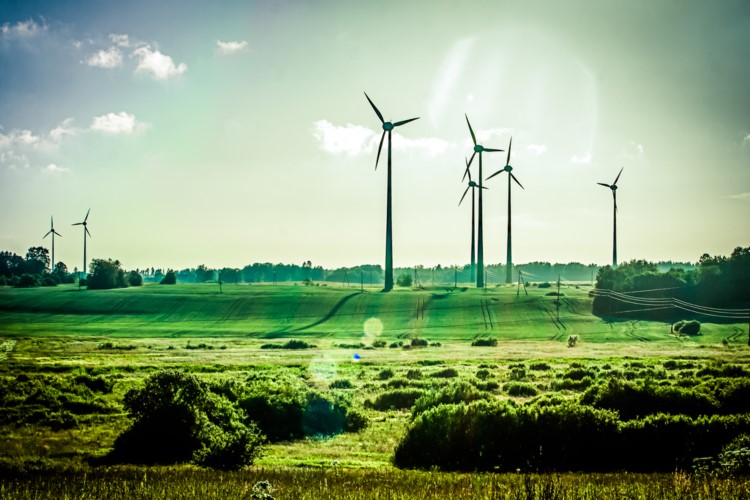.jpg.aspx?width=1000&height=667&ext=.jpg)
Something remarkable happened last year, though most of the great British public would not have noticed any difference. As 2019 drew to a close, the average carbon intensity of UK grid electricity fell below that of boiler gas, making electrical heating the lower carbon option to gas heating.
The latest report from Drax has compared the UK’s average gas boiler mix, with the average grid generation mix. It shows that the average efficiency of gas heating rose slowly to 86% over the last decade, so that carbon emissions from producing 1 kWh of central heating fell to 215 grams of CO2 in 2019. However, simple electric heaters averaged only 207 grams of carbon dioxide per kWh by the end of 2019, and this has led the Drax report to conclude that “Britain has reached the point where it’s cleaner to use electric heating than a gas boiler”.
Drax also observes that the UK would now have to blend 12% hydrogen (by volume) into the gas mains for Britain’s boilers to stay as low carbon as simple electric radiators. But as the carbon intensity of electricity continues to fall, due to increasing renewable energy grid input and the near elimination of coal burning, further hydrogen blending - even if technically feasible - won’t keep up. In time, only the astonishing prospect of a complete hydrogen gas switch-over, or the widespread installation of electric heat pump/gas fired combinations will be able to compete with electrical heating on carbon impact. Boiler/heat pump combinations, advocated by the UK’s advisory Committee on Climate Change, could conceivably offer building heat at as little as 50–100 g of CO2/kWh, but at huge up-front cost. Drax adds that the cost of producing hydrogen from renewable energy is too difficult to quantify, as it is not yet available at scale.
So if electrical energy is now a low carbon front runner, why bother with anything else? Well, retail electricity prices are around three times higher than gas prices (typically 15 p/kWh versus 5 p/kWh) which still makes electric heating much more expensive to run, though off peak tariffs and digital solutions (enabling smart energy use and even grid management) can reduce running costs considerably.
Gas and electric technologies will need to offer low carbon heat without pushing up bills if they are to win Government and customer support, and both Capex and Opex will help to determine which energy delivery technologies win the day. But when it comes to delivering lower carbon impact, electric heat isn’t just competing, it’s become the industry front runner.
